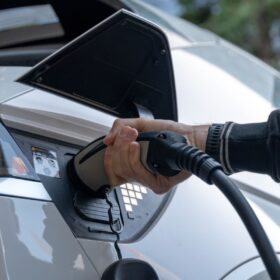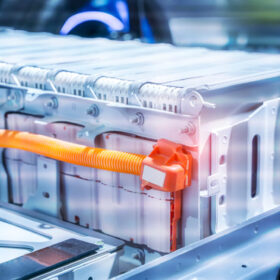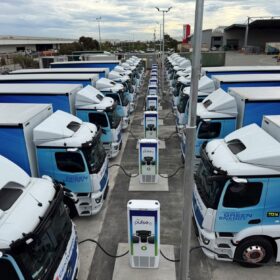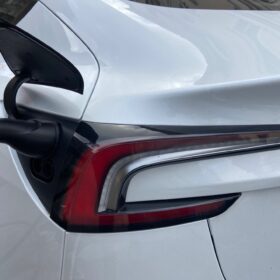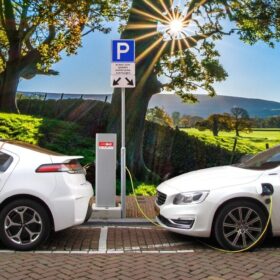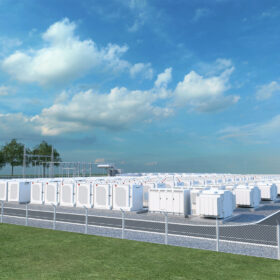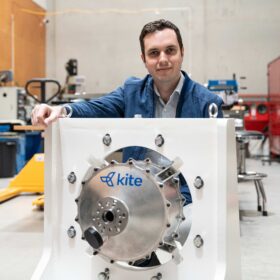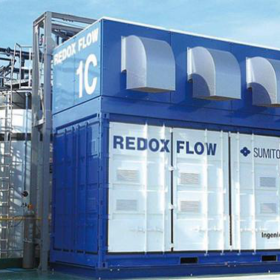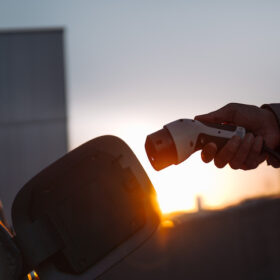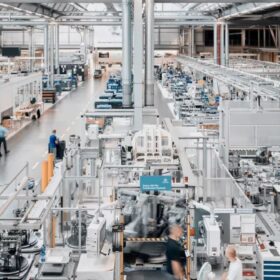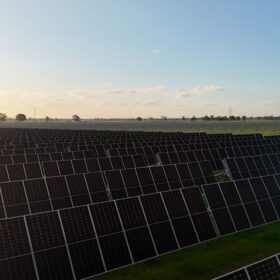Jet Charge tipping EV uptake to accelerate
Electric vehicle sales in Australia are expected to accelerate rapidly in the next five years with modelling from charging infrastructure company Jet Charge showing that by 2030, 50% of all new cars sold will be electric.
IEA: Global battery industry has entered new phase
China supplied three-quarters of a 1 TWh global battery market in 2024 and its domination enabled steep cost savings and a possible switch to lithium ferro-phosphate technology, according to the International Energy Agency.
Freight provider rolls out electric trucks on metro routes
National transport and logistics company Centurion has added 20 battery-electric trucks from Daimler to its fleet with the new heavy vehicles powered using energy from a 4.4 MW rooftop solar installation and 10.3 MWh battery.
Tesla hit with class action around phantom braking
Electric vehicle giant Tesla is being sued in Australia over claims it sold vehicles that are defective and don’t deliver on the company’s promises around autonomous driving capabilities and battery range.
Daytime charging of EVs further expands adoption of PV
Photovoltaics continues adding capacity at a rapid pace, and 2024 was another record year for solar PV deployment. In the meantime, despite recent hurdles to widespread adoption in some countries, electric vehicle uptake grew 25% last year. Assuming a 10 kWh/day energy requirement for every new EV, the 17 million new EVs sold in 2024 would have added another 50-70 GW of new PV generation worldwide.
Breakthrough research boosts Li-ion battery stability, efficiency and density
South Korean scientists have developed a breakthrough lithium-ion battery technology by modifying the LNMO cathodes that enhances stability and efficiency, boosts battery lifespan, and energy density of Li-ion batteries.
Victorian startup to step up production of lightweight electric motor tech
Victorian startup Kite Magnetics plans to accelerate the development and production of its lightweight electric motor technology with a new advanced manufacturing facility to be established in Melbourne.
Australia needs better ways of storing renewable electricity for later and ‘flow batteries’ can help
As flow battery technology comes of age, Australia’s capacity to mine the critical minerals required, and manufacture flow batteries has a promising future on the back of embracing automation and supported by government funding.
Electric vehicle uptake dependent on grid and charging infrastructure investment
The Electric Vehicle Council’s State of EVs report says investment in grid infrastructure and smart charging technology are key to the successful rollout of electric vehicles, where sales are forecast to rise 15-19% in 2026.
Novonix secures supply deal with Volkswagen battery arm
Australian-listed battery materials and technology company Novonix has inked an offtake agreement for at least 32,000 tonnes of its synthetic graphite anode material with the battery manufacturing arm of global carmaker Volkswagen.
